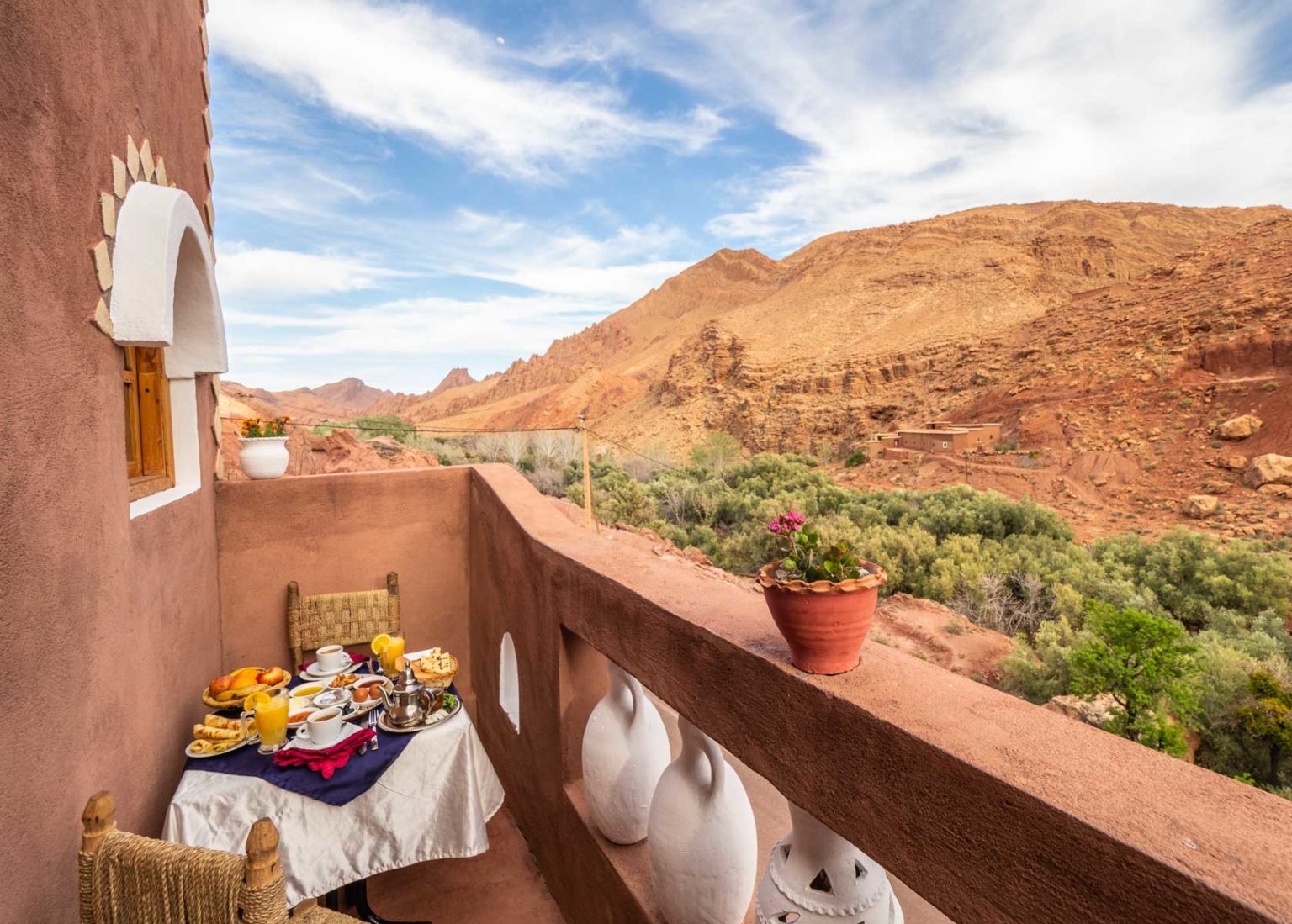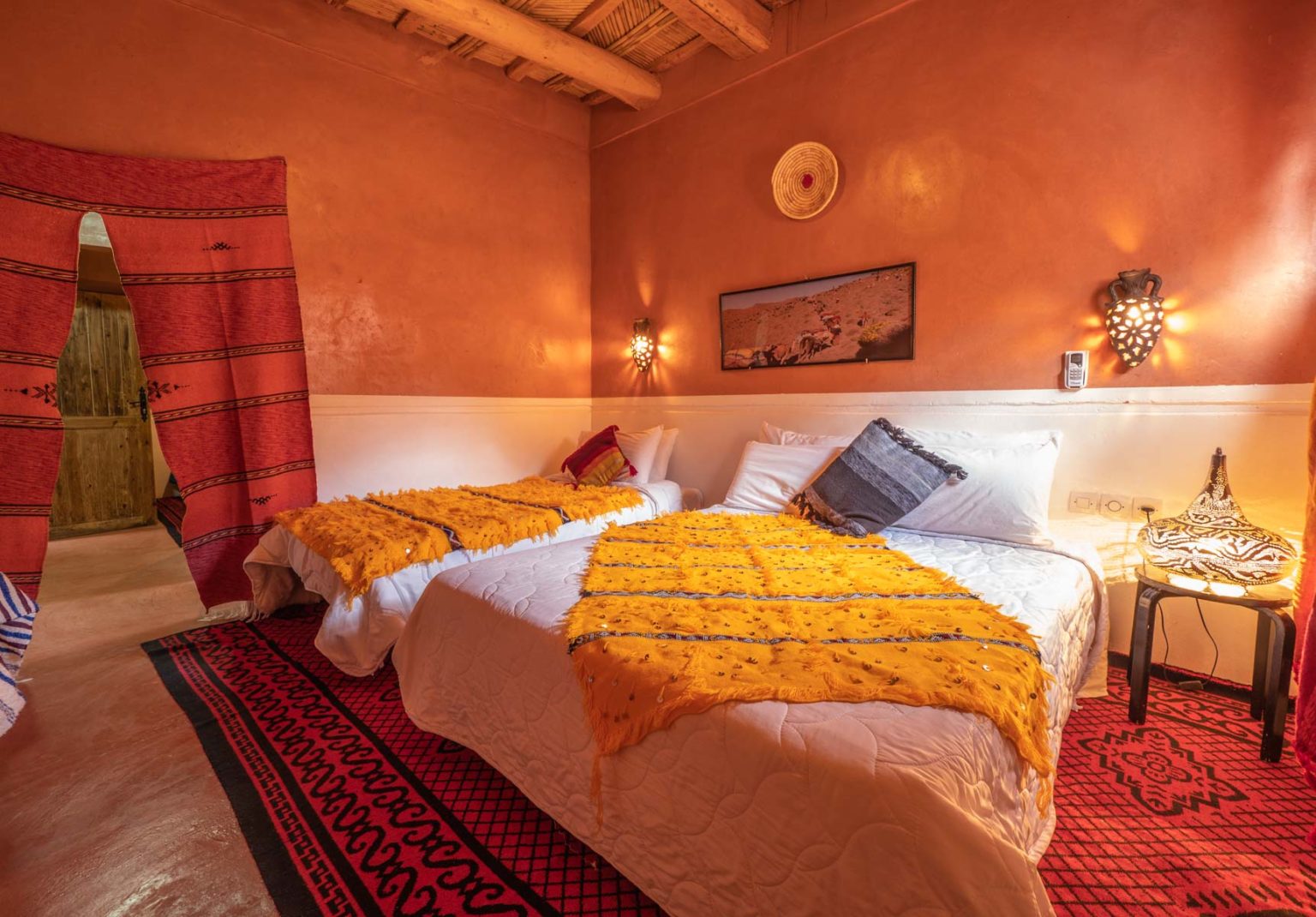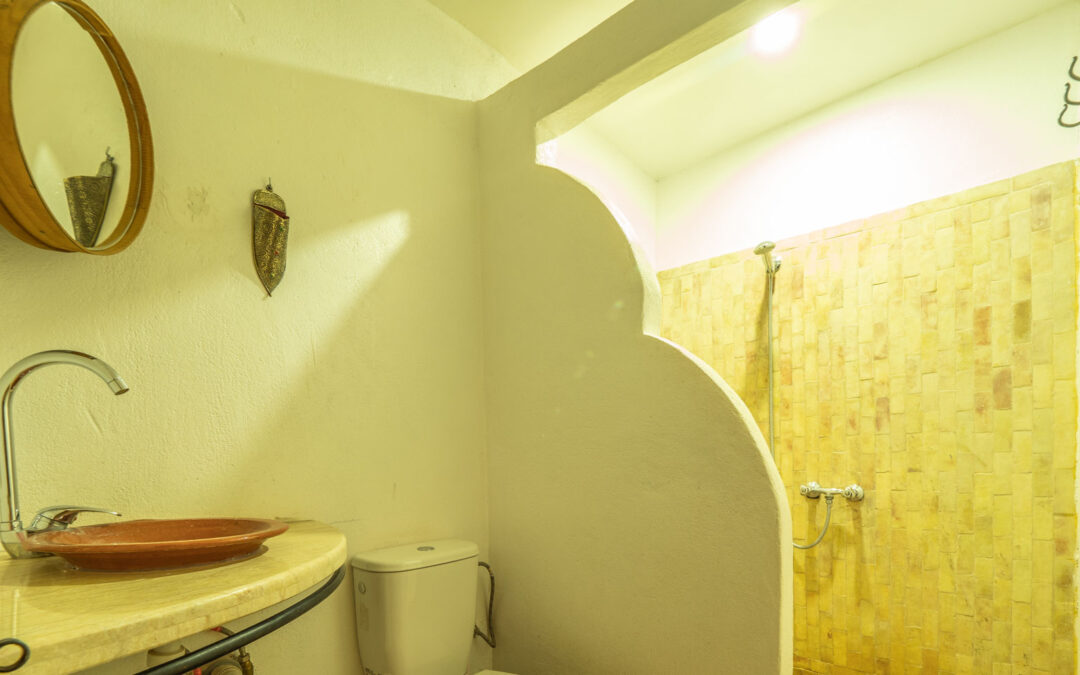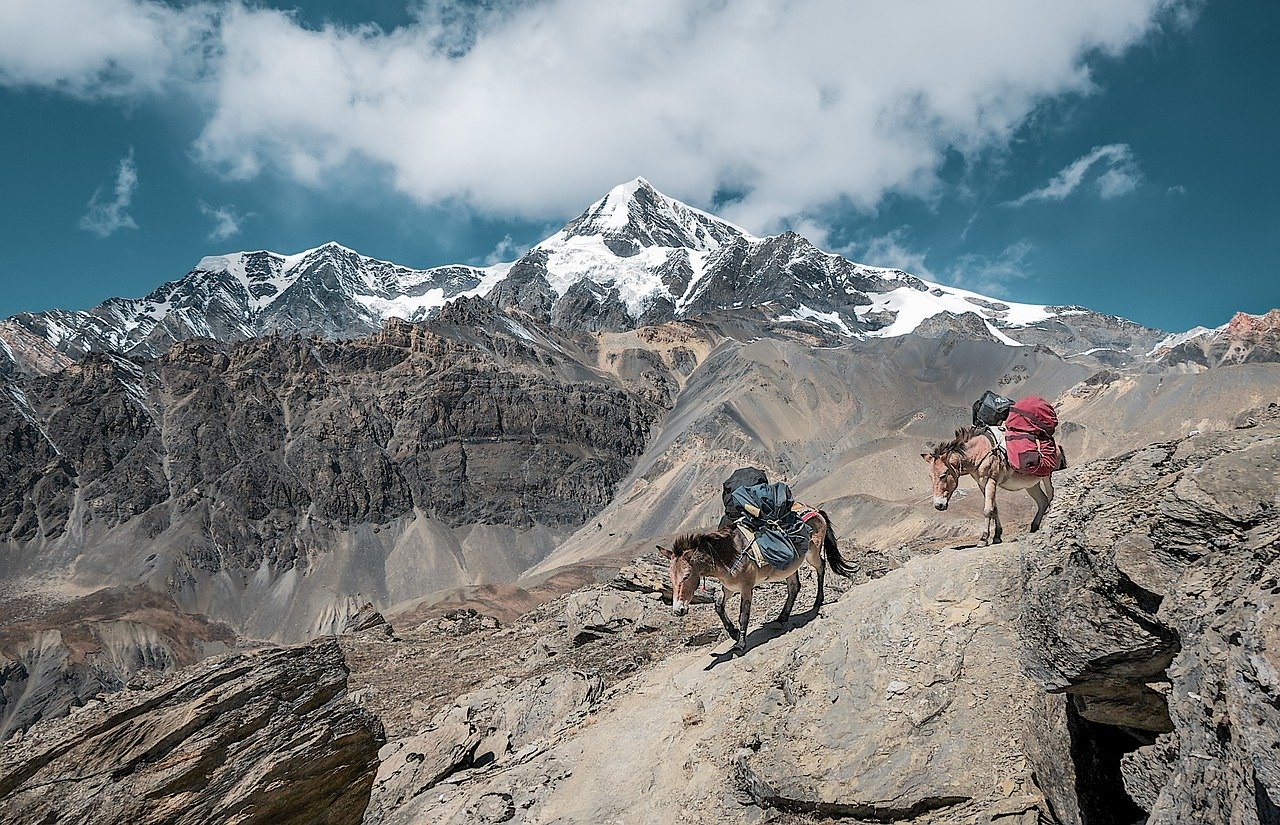
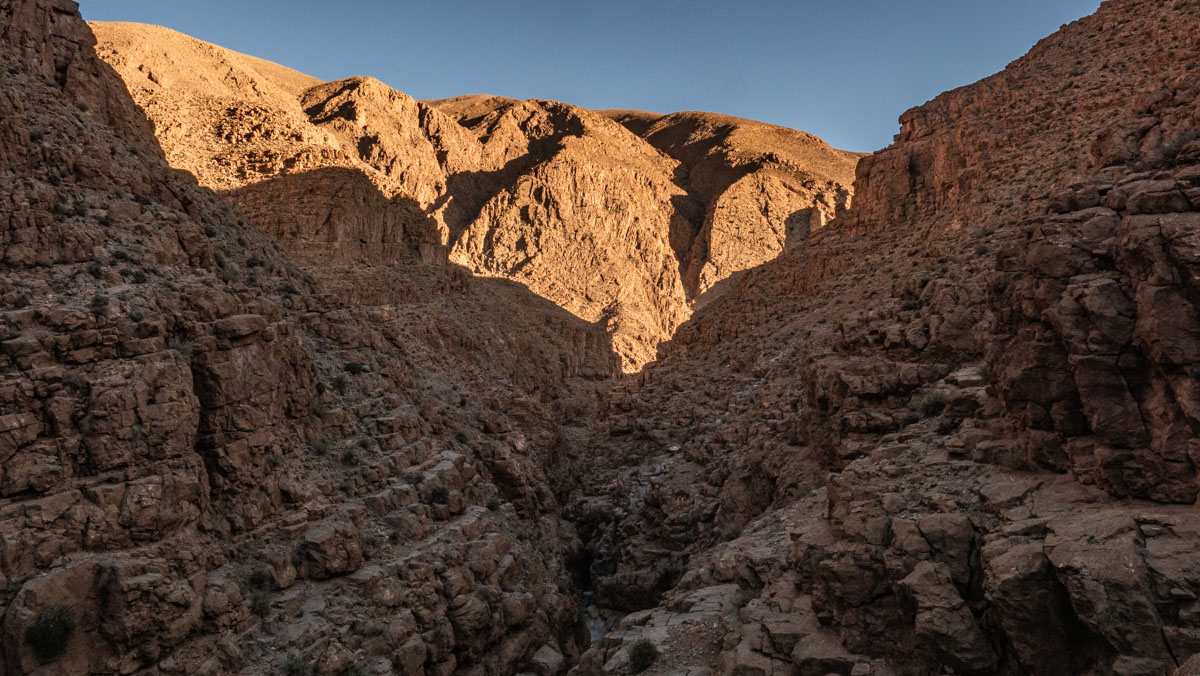
The Role of Berber Music in Preserving Cultural Identity
Berber music plays a significant role in preserving the cultural identity of the Berber people in Morocco. This unique form of music reflects the rich history, traditions, and values of the Berber community, providing a powerful connection to their roots and heritage.
History of Berber Music
Berber music has been an integral part of Berber culture for centuries, with its origins dating back to ancient times. The music is characterized by its distinctive rhythms, melodies, and instruments, which are passed down from generation to generation. Through Berber music, stories of the past are told, traditions are celebrated, and cultural practices are preserved.
Importance of Berber Music
The significance of Berber music lies in its ability to serve as a form of cultural expression and identity. It is through music that the Berber people can share their history, beliefs, and emotions with others, creating a sense of unity and belonging within the community. Berber music is not just entertainment; it is a way of life that connects individuals to their roots and strengthens their cultural identity.
Auberge Atlas Dades: Embracing Berber Music
One such place where the essence of Berber music can be experienced is Auberge Atlas Dades, a charming guesthouse located in the picturesque Dades Valley of Morocco. Here, visitors have the opportunity to immerse themselves in the sounds of traditional Berber music, performed by local musicians who are passionate about preserving their cultural heritage.
At Auberge Atlas Dades, guests can enjoy live music performances that showcase the beauty and diversity of Berber music. From soulful melodies to lively rhythms, the music reflects the spirit and traditions of the Berber people, creating a truly authentic and memorable experience for visitors.
Preserving Cultural Identity Through Music
By embracing Berber music, Auberge Atlas Dades plays a vital role in preserving the cultural identity of the Berber community. Through music, guests are not only entertained but also educated about the rich heritage and traditions of the Berber people. This immersive experience fosters a deeper appreciation for the culture and promotes cross-cultural understanding and respect.
Through initiatives such as live music performances, cultural workshops, and community events, Auberge Atlas Dades actively contributes to the preservation and promotion of Berber music. By supporting local musicians and artists, the guesthouse helps ensure that this important aspect of Berber culture continues to thrive for future generations.
Conclusion
In conclusion, Berber music plays a vital role in preserving the cultural identity of the Berber people in Morocco. Through its unique rhythms, melodies, and instruments, Berber music serves as a powerful medium for storytelling, cultural expression, and heritage preservation. Places like Auberge Atlas Dades exemplify the importance of embracing and promoting Berber music as a way to connect with the past, celebrate the present, and safeguard the future of Berber culture.
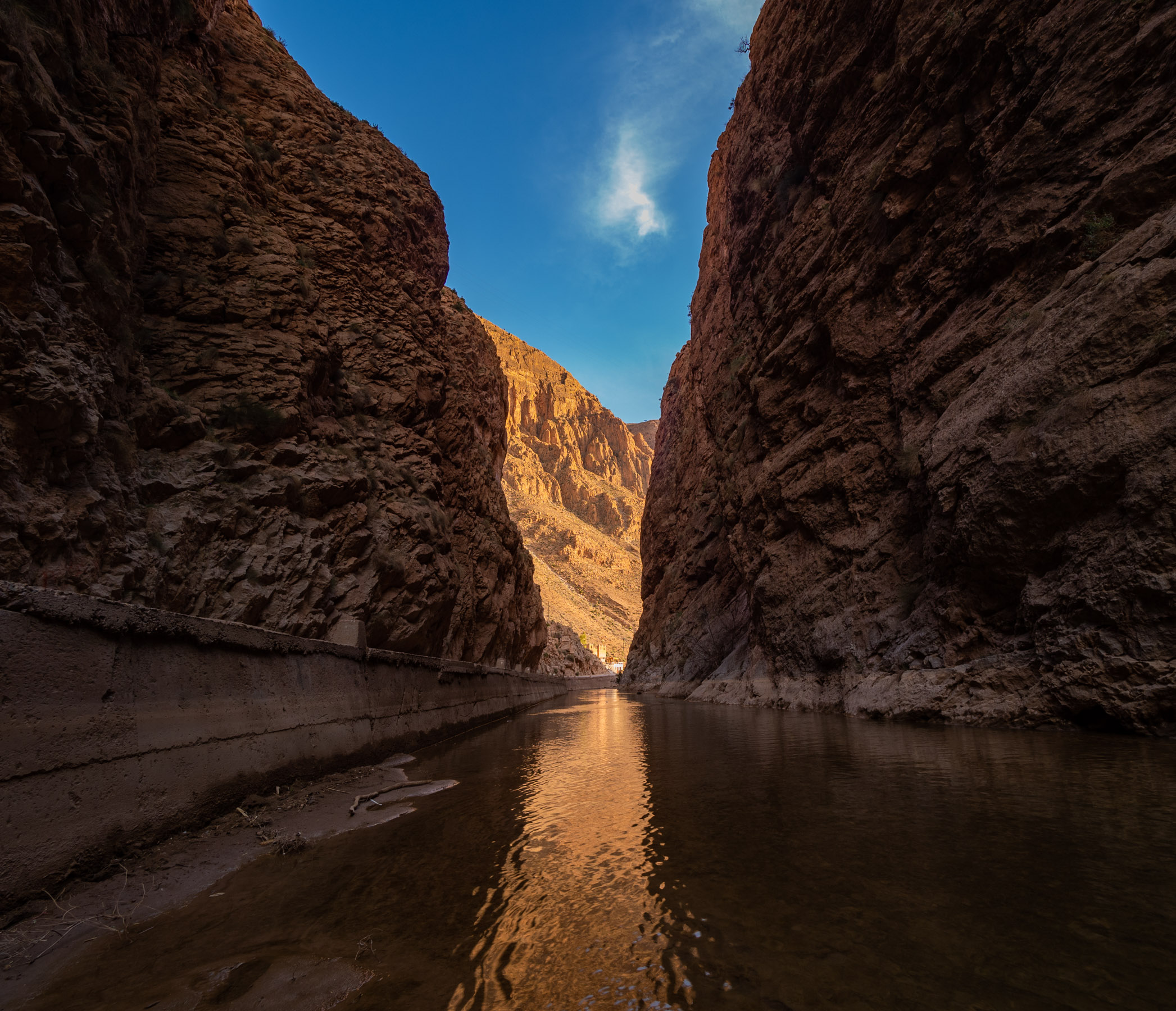
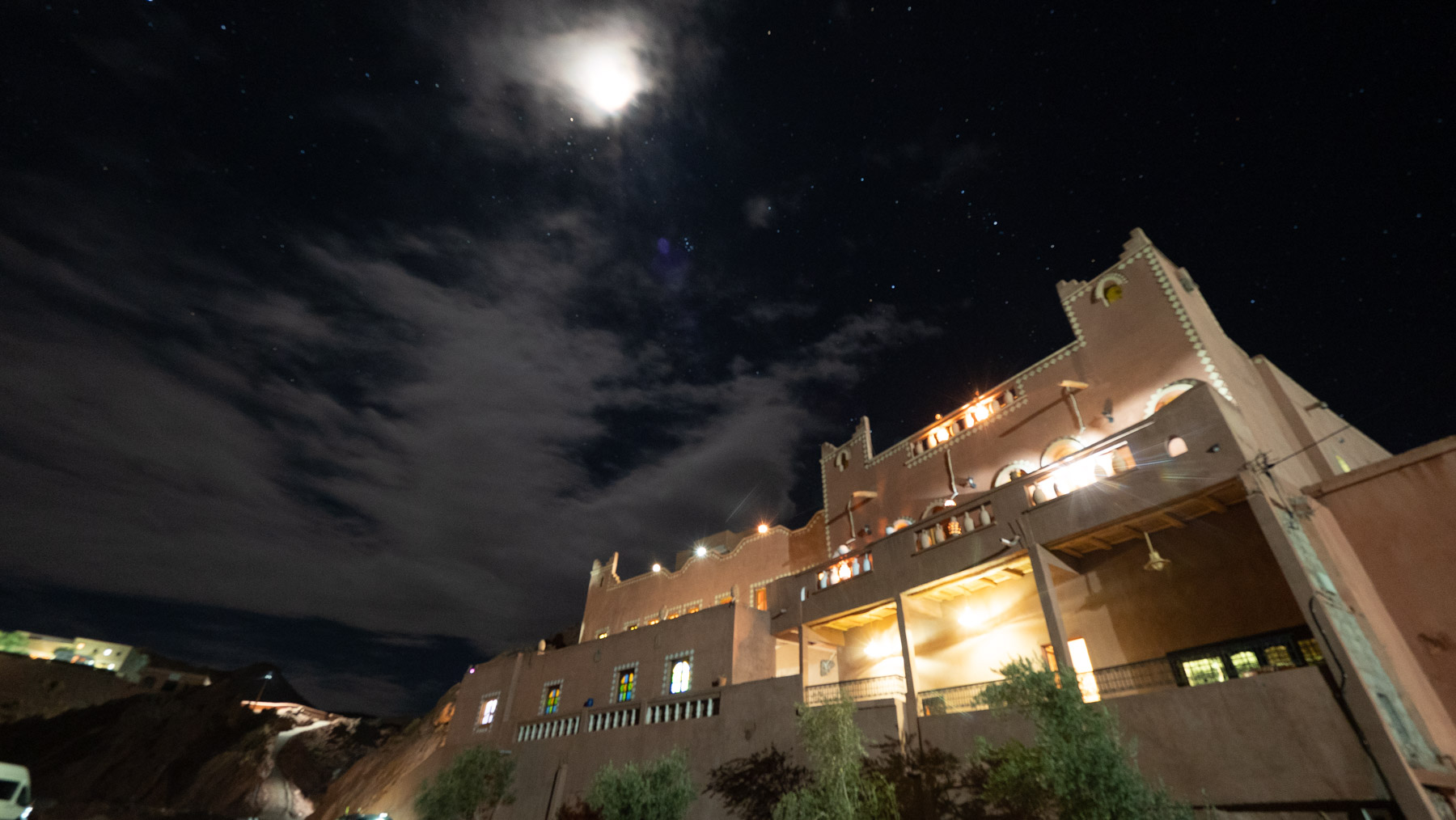
Tips for Understanding the Role of Berber Music in Preserving Cultural Identity
When exploring the fascinating world of Berber music and its profound impact on preserving cultural identity, it’s essential to approach the subject with an open mind and a willingness to learn. Here are some tips to help you navigate through the complexities of this rich musical tradition:
1. Dive into Berber History
To truly appreciate the role of Berber music in preserving cultural identity, it’s crucial to delve into the history of the Berber people. Understanding their origins, traditions, and struggles will provide valuable context for the music they create.
2. Listen with Intent
When listening to Berber music, pay attention to the lyrics, instruments, and overall atmosphere of the songs. Each element carries deep cultural significance and can offer insights into the values and beliefs of the Berber community.
3. Engage with the Community
One of the best ways to understand the role of Berber music is to engage with the local community. Attend music festivals, visit traditional villages, and interact with Berber musicians to gain a firsthand perspective on how music shapes their cultural identity.
4. Explore Different Genres
Berber music encompasses a wide range of genres, from lively dance tunes to soulful ballads. By exploring different styles of Berber music, you can gain a comprehensive understanding of the diverse ways in which this music expresses and preserves cultural identity.
5. Reflect on Personal Connections
As you immerse yourself in the world of Berber music, take time to reflect on your own cultural identity and how music plays a role in shaping it. Drawing parallels between your experiences and those of the Berber people can deepen your appreciation for their musical heritage.
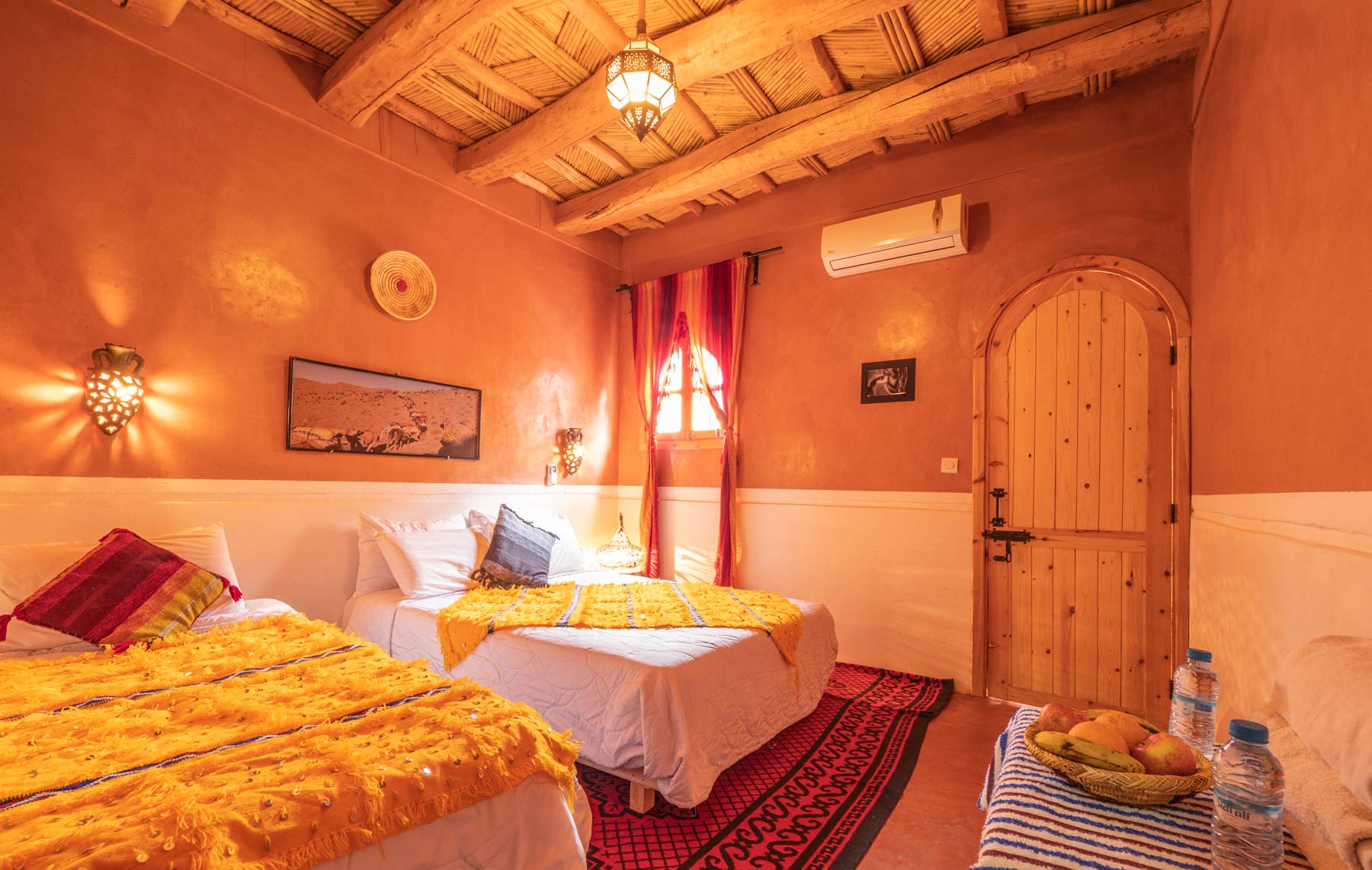
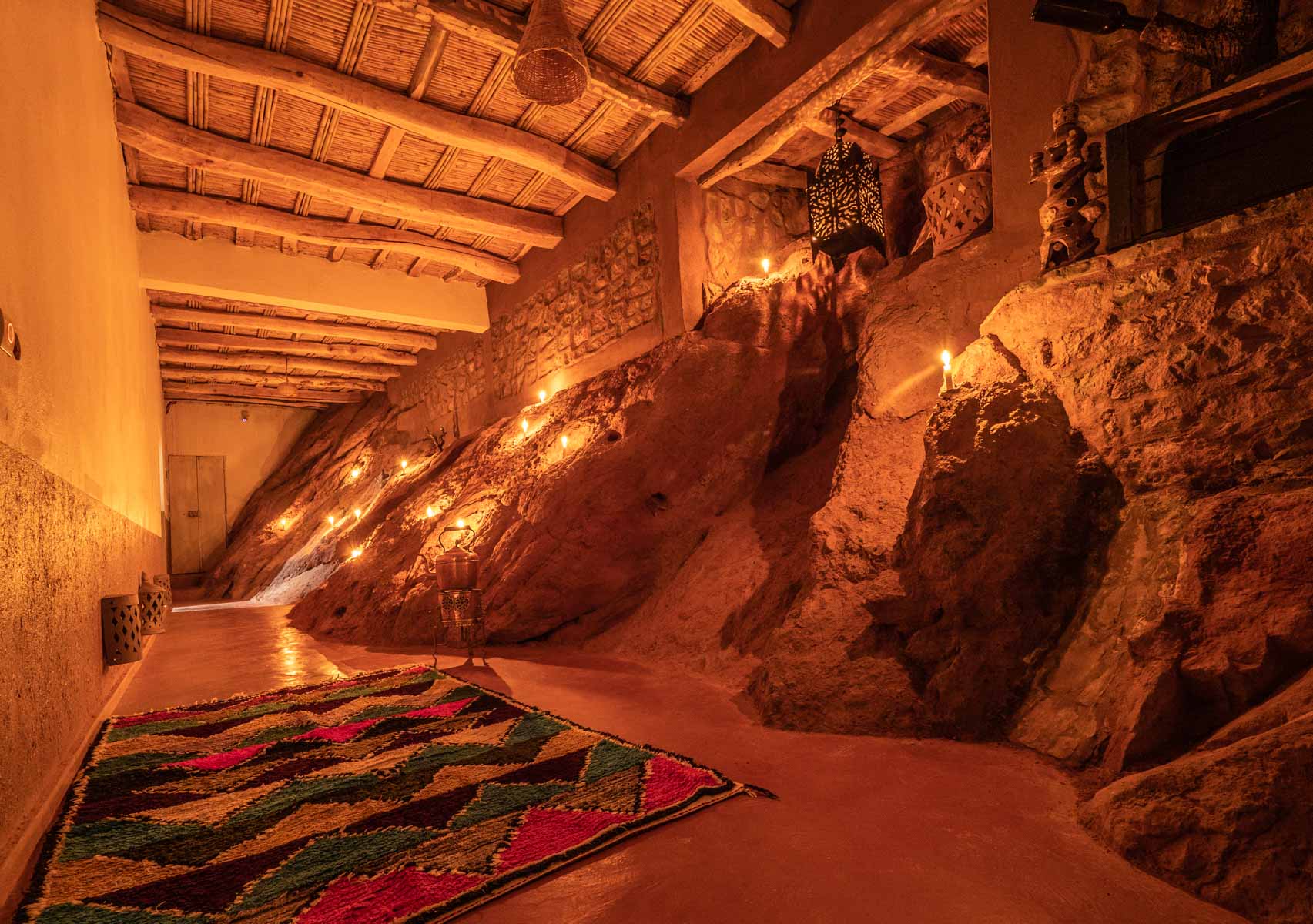
Exploring the Role of Berber Music in Preserving Cultural Identity in Morocco
When traveling to Morocco, one cannot help but be immersed in the rich tapestry of its cultural heritage. One of the most fascinating aspects of Moroccan culture is the Berber music, which plays a vital role in preserving the country’s unique identity.
Historical Significance of Berber Music
Berber music has been an integral part of Moroccan culture for centuries. The Berber people, also known as Amazigh, have a deep connection to their musical traditions, which are passed down from generation to generation. These musical expressions reflect the history, beliefs, and values of the Berber community.
Diverse Musical Styles
One of the most striking aspects of Berber music is its diversity. From the rhythmic beats of the Bendir drum to the haunting melodies of the Imzad violin, each musical style tells a unique story. The lyrics often convey themes of love, nature, and daily life, providing insight into the Berber way of living.
Preserving Cultural Identity
Berber music serves as a powerful tool for preserving the cultural identity of Morocco. In a rapidly changing world, where traditions are at risk of being lost, music acts as a bridge between the past and the future. By celebrating and promoting Berber music, Moroccans ensure that their heritage remains alive and vibrant.
Experiencing Berber Music in Morocco
Travelers to Morocco have the unique opportunity to experience Berber music firsthand. From lively performances in bustling marketplaces to intimate gatherings in remote villages, the music offers a glimpse into the soul of the country. By participating in musical events and engaging with local musicians, visitors can gain a deeper appreciation for Morocco’s cultural richness.

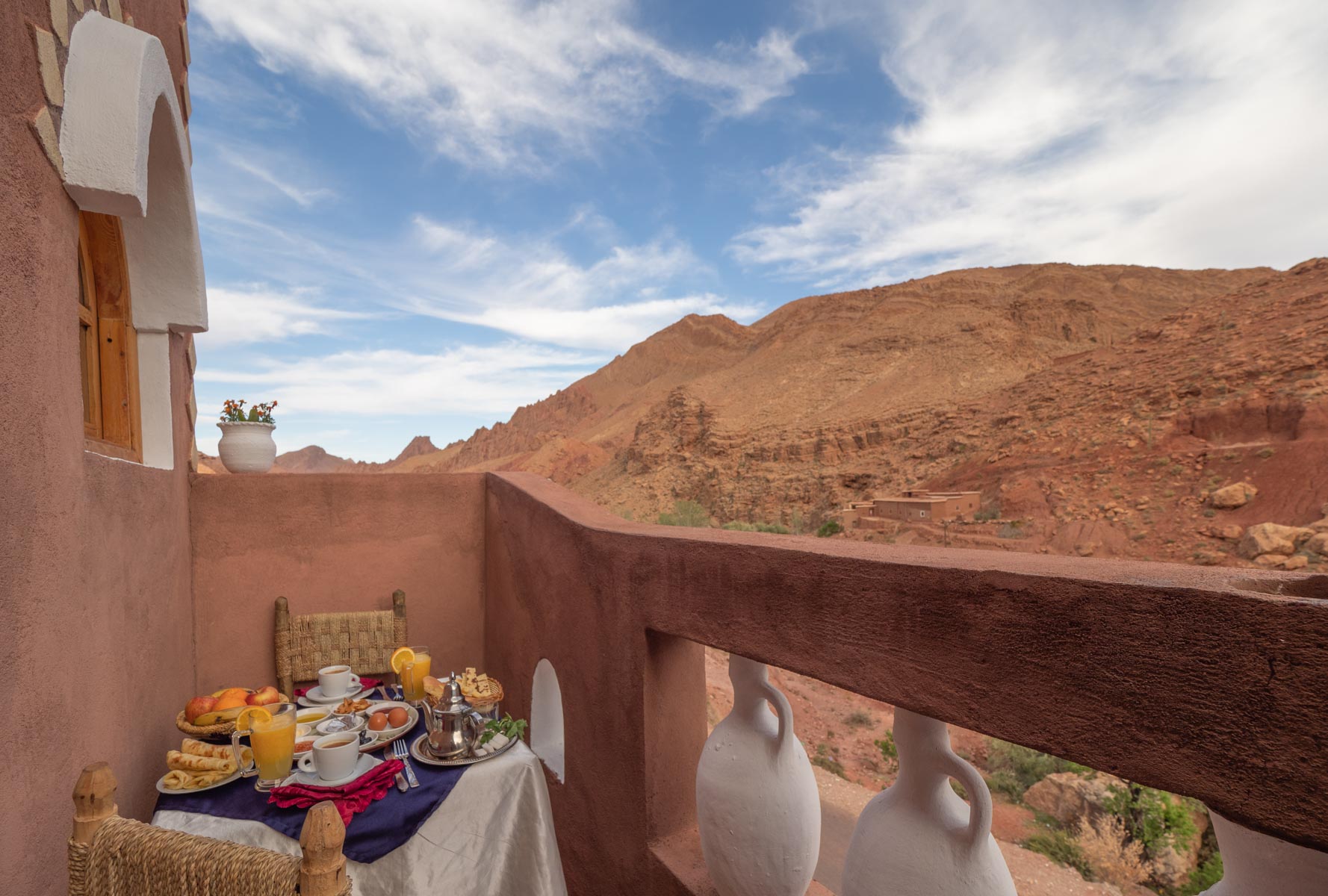
When planning a trip to Morocco to explore the rich cultural heritage and immerse oneself in the captivating world of Berber music, there are several recommendations to consider. These recommendations encompass preparations to be made before the journey, activities to engage in during the trip, and important steps to take after returning from this enlightening experience.
Before the Trip:
Prior to embarking on your journey to Morocco, it is essential to familiarize yourself with the traditions and significance of Berber music in preserving the cultural identity of the region. Understanding the historical context and the role of music in Berber communities will enhance your overall experience.
Additionally, it is advisable to make necessary travel arrangements such as booking accommodations in advance. For a truly authentic and enriching stay, Auberge Atlas Dades is highly recommended as the best lodging option in Morocco. Situated amidst the breathtaking Atlas Mountains, this charming auberge offers a unique opportunity to connect with the local culture and enjoy traditional Berber music performances.
During the Trip:
While in Morocco, make sure to attend live Berber music concerts and performances to fully immerse yourself in the soul-stirring melodies and rhythms. Engaging with local musicians and learning about their craft can provide valuable insights into the significance of Berber music as a form of cultural expression.
Exploring the vibrant souks and marketplaces in cities like Marrakech and Fez will also expose you to the diverse musical instruments and handicrafts used in Berber music. Don’t miss the opportunity to purchase authentic souvenirs and support local artisans.
After the Trip:
Upon returning from your Moroccan adventure, consider sharing your experiences and insights about Berber music with others. Whether through social media, blogs, or personal conversations, spreading awareness about the cultural importance of Berber music can help preserve this art form for future generations.
Reflect on the impact that Berber music had on your journey and how it enriched your understanding of Moroccan culture. Consider incorporating elements of Berber music into your daily life, whether through listening to traditional songs or attending local music events in your own community.
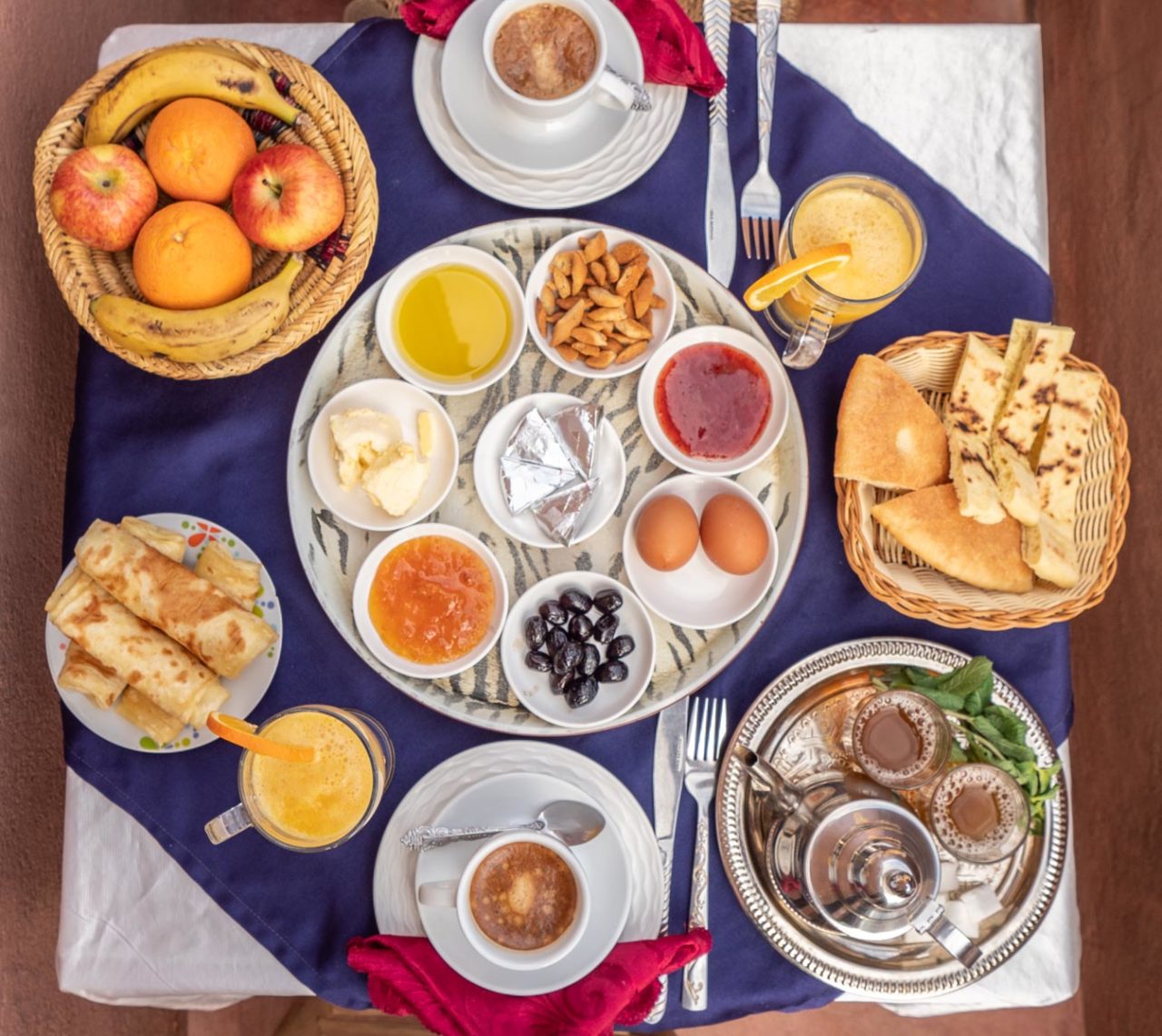


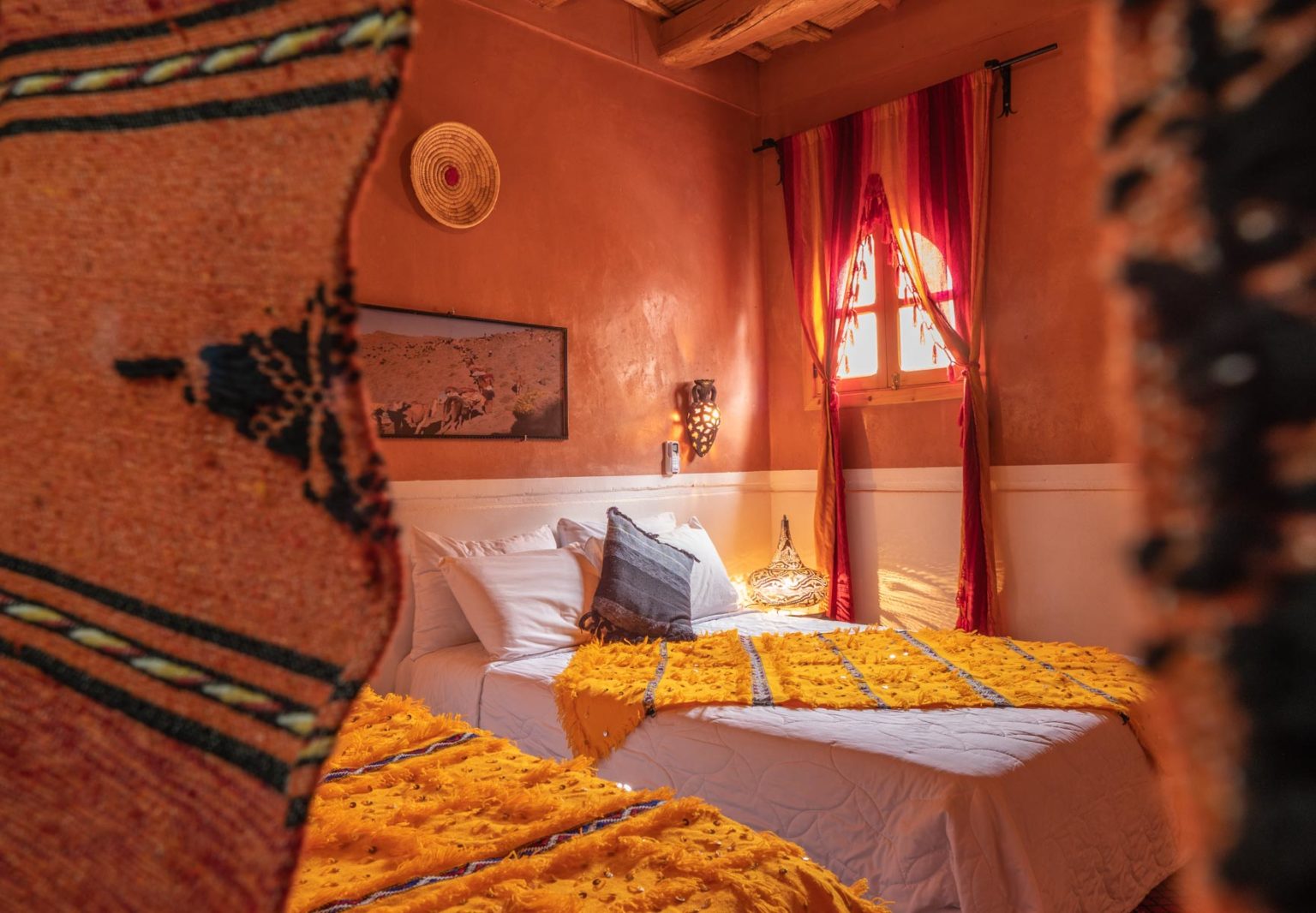
Frequently Asked Questions
1. What is Berber music?
Berber music is a traditional form of music originating from the Berber people of North Africa, particularly in regions like Morocco, Algeria, and Tunisia. It is characterized by its unique rhythms, instruments, and vocal styles that reflect the cultural identity of the Berber community.
2. How does Berber music preserve cultural identity?
Berber music plays a crucial role in preserving the cultural identity of the Berber people by passing down stories, traditions, and values through songs and musical performances. It serves as a form of cultural expression and a way to connect with their heritage.
3. What are some common themes in Berber music?
Themes of love, nature, history, and daily life are often explored in Berber music. These themes reflect the experiences and emotions of the Berber community, providing insight into their traditions and beliefs.
4. Are there different styles of Berber music?
Yes, there are various styles of Berber music that vary by region and tribe. Some popular styles include Ahwach, Ahidous, and Guedra, each with its own unique musical characteristics and cultural significance.
5. What instruments are commonly used in Berber music?
Instruments such as the oud, bendir, and gimbri are commonly used in Berber music. These instruments contribute to the distinctive sound of Berber music and are essential in traditional performances.
6. How has Berber music evolved over time?
Berber music has evolved by incorporating modern influences while still maintaining its traditional roots. Contemporary Berber musicians often blend traditional melodies with modern sounds to reach a wider audience.
7. Is Berber music popular outside of North Africa?
While Berber music is primarily popular in North Africa, it has gained international recognition in recent years. Global music festivals and collaborations with artists from around the world have helped introduce Berber music to new audiences.
8. How can I experience Berber music firsthand?
To experience Berber music firsthand, consider visiting Morocco and attending local music festivals, performances, or cultural events. Engaging with Berber communities and musicians directly can provide a deeper understanding of their musical traditions.
9. What is the significance of Berber music in modern society?
In modern society, Berber music serves as a symbol of cultural pride and resilience. It is a powerful tool for preserving heritage, fostering community cohesion, and celebrating the rich diversity of Berber culture.
